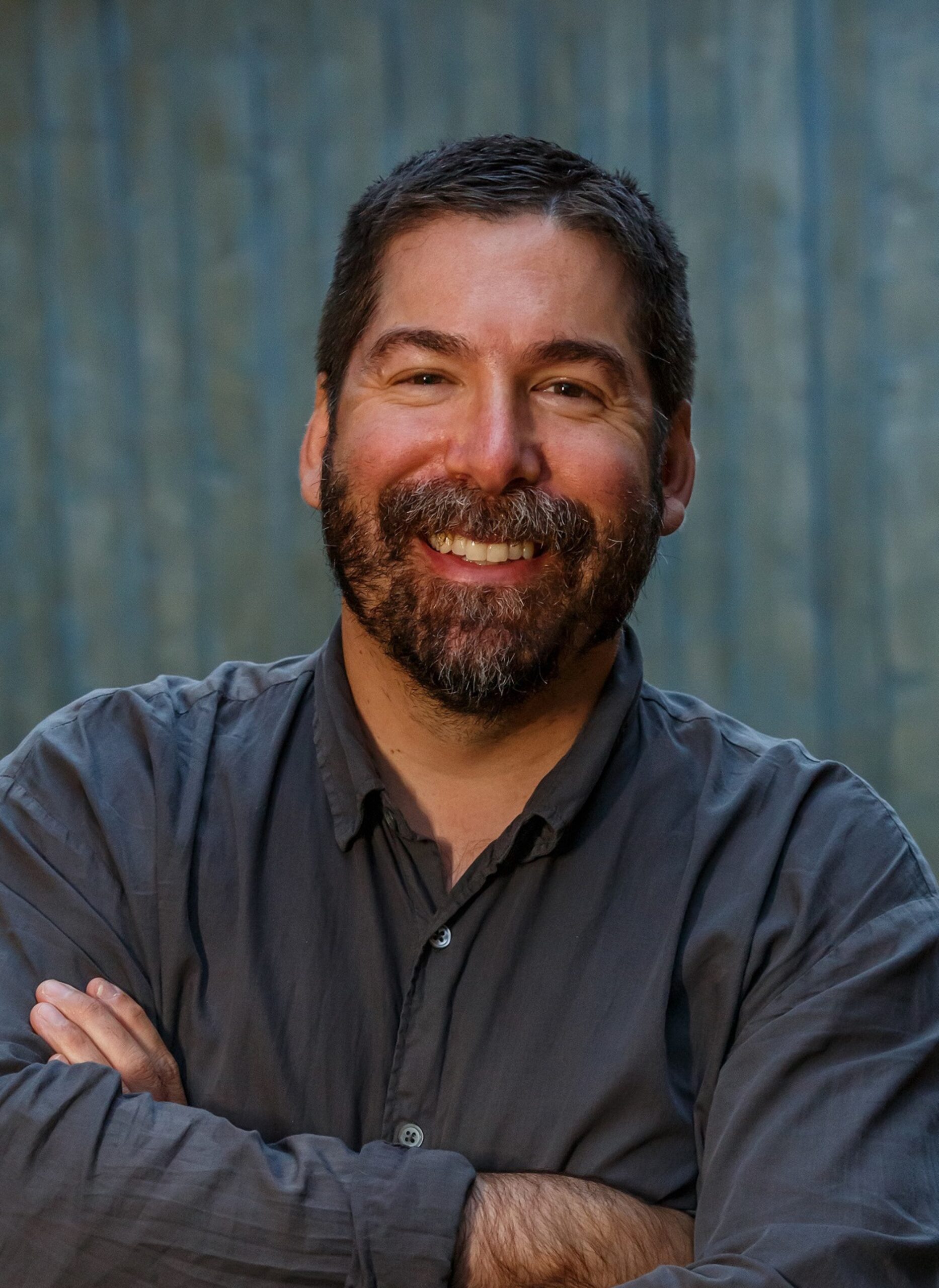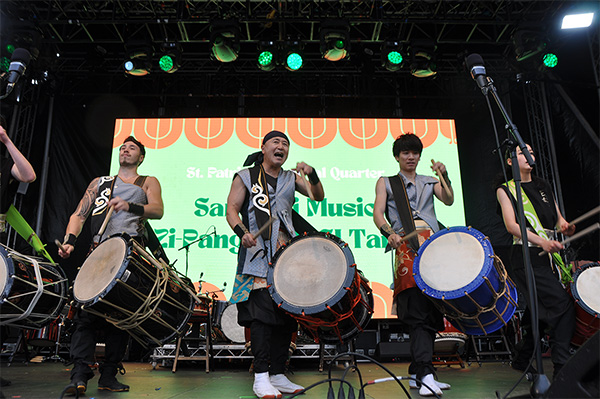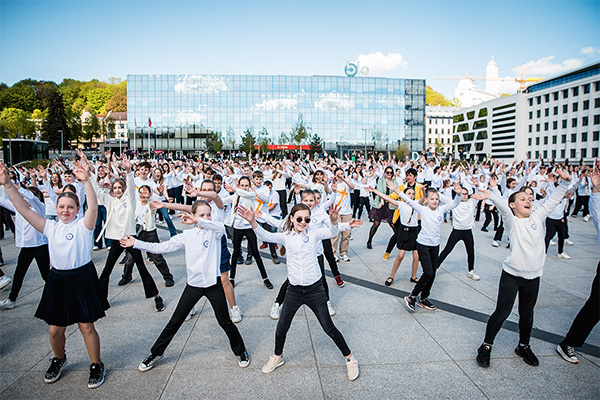Column
ColumnSharing Culture and Food While Exploring Foods from the Sea
The organizers of this event feel as though the project was a tremendous success that provided opportunities for Japanese chefs and Norwegian food industry representatives and students to share information and educate one another on Norwegian and Japanese food culture while also strengthening our understanding of the similarities and commonalities between both cultures.
The project concept was organized as a follow up to our previous EU-Japan Fest Japan Committee funded project titled ‘Arctic & Asian Food Connections: Breaking Down Barriers’ which demonstrated that there is great interest in Norwegian seafood products for Japanese chefs and consumers. For that project, we shipped ingredients from Norway to Japan and filmed exciting digital sessions showcasing interesting and innovative Japanese preparations of Norwegian seafood. With this current project we brought Japanese chefs to Norway so that they could experience the beauty and bounty of the raw materials on the Northern Norwegian coast and also share their knowledge and techniques for how to cook and enjoy Norwegian seafood with youth. We feel as though this follow up project completes our efforts and exemplifies a circular approach to highlight artistic craft, create shared artistic experiences, educate youth, and strengthen relationships between Norway and Japan with projects taking place in both countries. Our Japanese collaborators demonstrated artistic skill and craft to inspire students and others to see the value in Japanese and Norwegian seafood products at both the workshop event and popup dinner event.
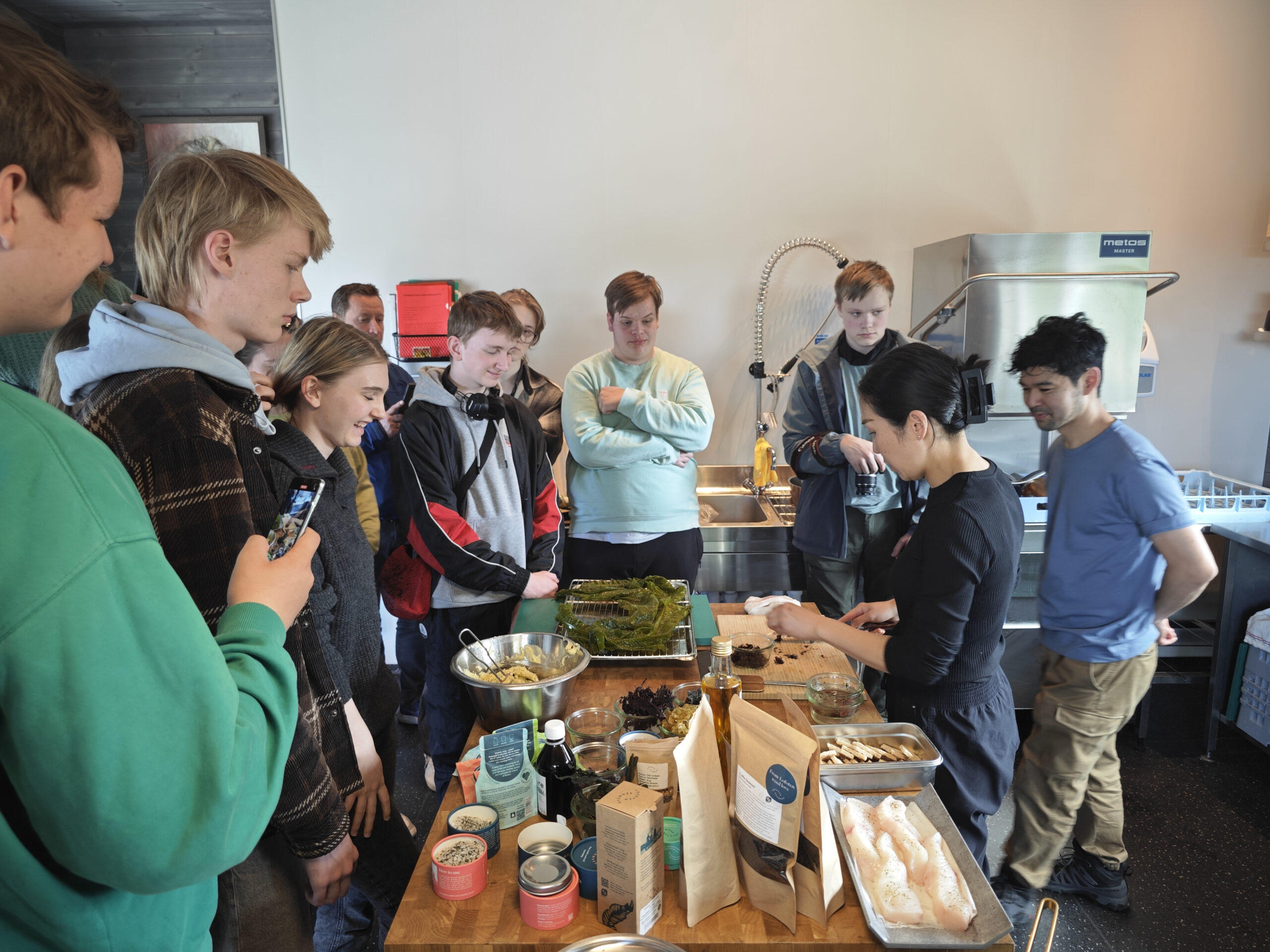
For many of the participants, it was not only their first visit to a seaweed farm, but also the first time harvesting wild seaweed, and learning about Japanese culture from a Japanese chef. This approach combined hands-on experiential activities with educational presentations and a cooking session which engaged the participants to actively learn about Japanese culture, Norwegian seafood, and our shared food culture. Following the workshop event, participants were asked a series of questions that aimed to capture the impact of this educational and hands-on activity and responses from our informal survey. 55% of participants commented that the workshop ‘exceed expectations’, while the remaining 45% commented ‘met expectations’. When asked ‘did you gain knowledge about Japanese food?’, and also ‘did you gain knowledge about Japanese culture?’ (two separate questions) 75% responded ‘yes’, while 25% responded ‘maybe’. When asked, ‘did you learn about similarities between Japanese and Norwegian cuisine?’ 33.3% responded ‘definitely yes’, 53.3% ‘probably yes’, and 10.4% ‘might or might not’. When asked ‘did you gain knowledge about seaweed farming?’ 90% responded ‘yes’, and 10% responded ‘maybe’. When asked ‘did you gain knowledge about cooking with seaweed?’ 100% responded ‘yes’. When asked ‘are you interested in visiting Japan?’ 43.3% responded ‘definitely yes’, 33.3% ‘probably yes’, 23.4% ‘might or might not’. Lastly, overall comments were very positive, with one respondent writing “It was interesting to visit the seaweed farm, to inspect the actual farm and learn more about the products and research behind the farm. I have not eaten much seaweed before, so the visit to Fiskebørsen, with highly skilled Japanese chefs, making culinary courses with seaweed, and making the students and audience take part in the preparation of the courses, was both entertaining and a full learning experience”.
For the popup dinner event, there was no follow up survey conducted. However, responses from guests were overwhelmingly positive – with many guests commenting that they had experienced many new and exciting food products presented in ways that they had not previously known. The integration of Japanese craft and technique combined with Norwegian raw materials created a unique menu that included: Norwegian shrimps with shrimp ‘garum’; morel mushrooms with seaweed and reindeer; tomato gel with seaweed granite; seaweed and vegetable crackers; fresh cheese with seaweed and mussel broth; king crab with smoked seaweed and Japanese almonds; abalone curry with seaweed and white asparagus; halibut wrapped in seaweed and yuba skin; dried beets with berries and seaweed; and chocolate cake with strawberries and seaweed. In addition, the Japanese chefs found that the location (coastal Norway) was ideal for this type of event, and even harvested wild seaweed from the ocean on the day of the dinner! All of the chefs expressed gratitude and inspiration as a result of this project – commenting via email that they gained knowledge and inspiration from each other after working together. This type of collaboration was unique is sure to have a positive impact in the work of each artist, chef, student, and producer moving forward.
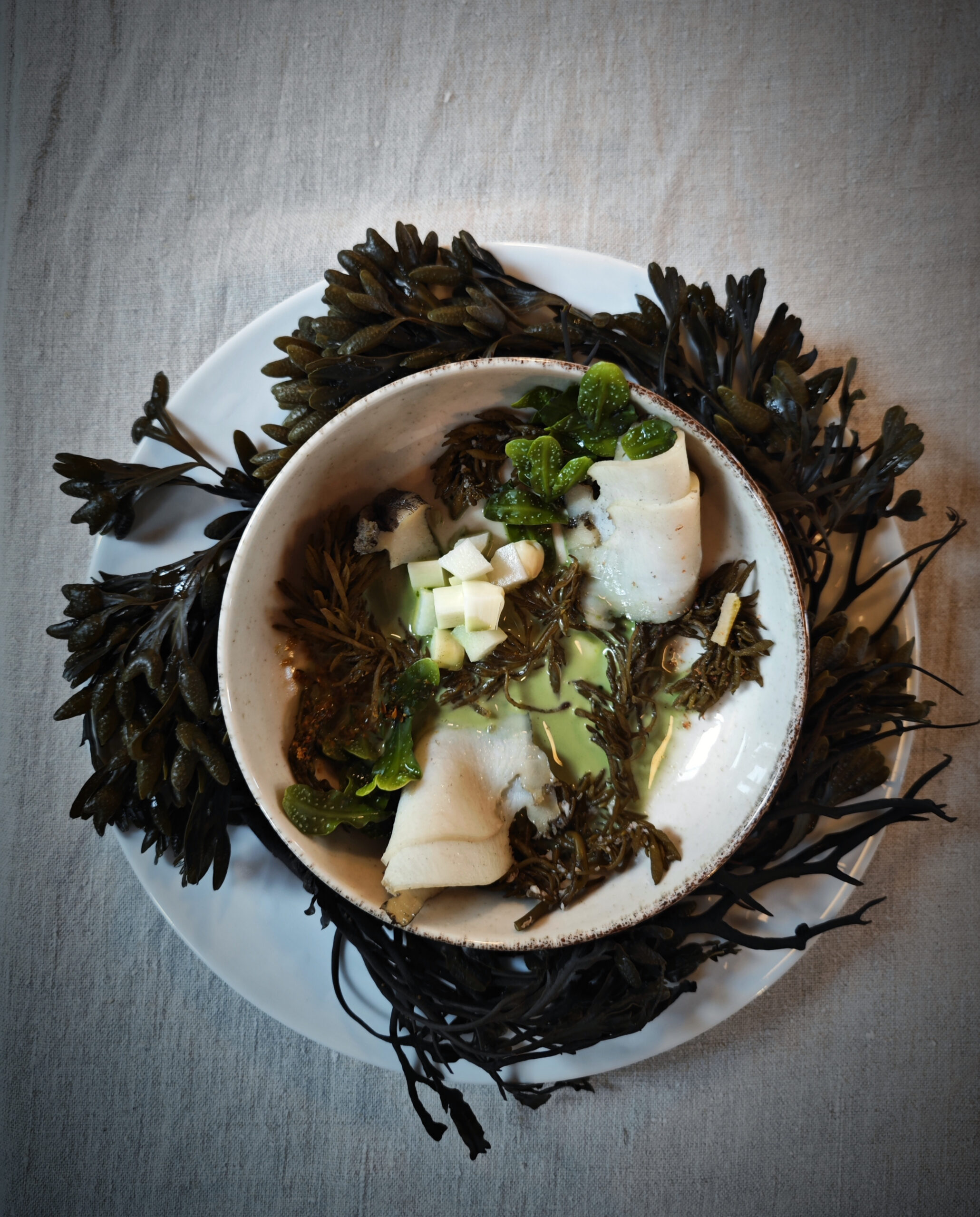
This project was shared via social media (@arktiskmat; @popupnorge) and reporting from this project will also be included in the Bodø 2024 Feeding Europe program report – which will be disseminated to many different stakeholders, including future ECoC projects that may wish to build on this project concept. In addition, the visiting Japanese chefs expressed a high level of satisfaction with this project (overall), as well as the relevance for follow up activities with regard to educating Norwegian students and industry stakeholders about Japanese culture, seaweed, and culinary applications for seafood. This project has clearly demonstrated that food is integral to culture & identity and can thus provide an ideal medium for knowledge sharing and cultural exchange. We look forward to continuing to strengthen the relationships developed during this project and expect that there will be follow up interactions between the project partners and artists in Japan and Norway.

